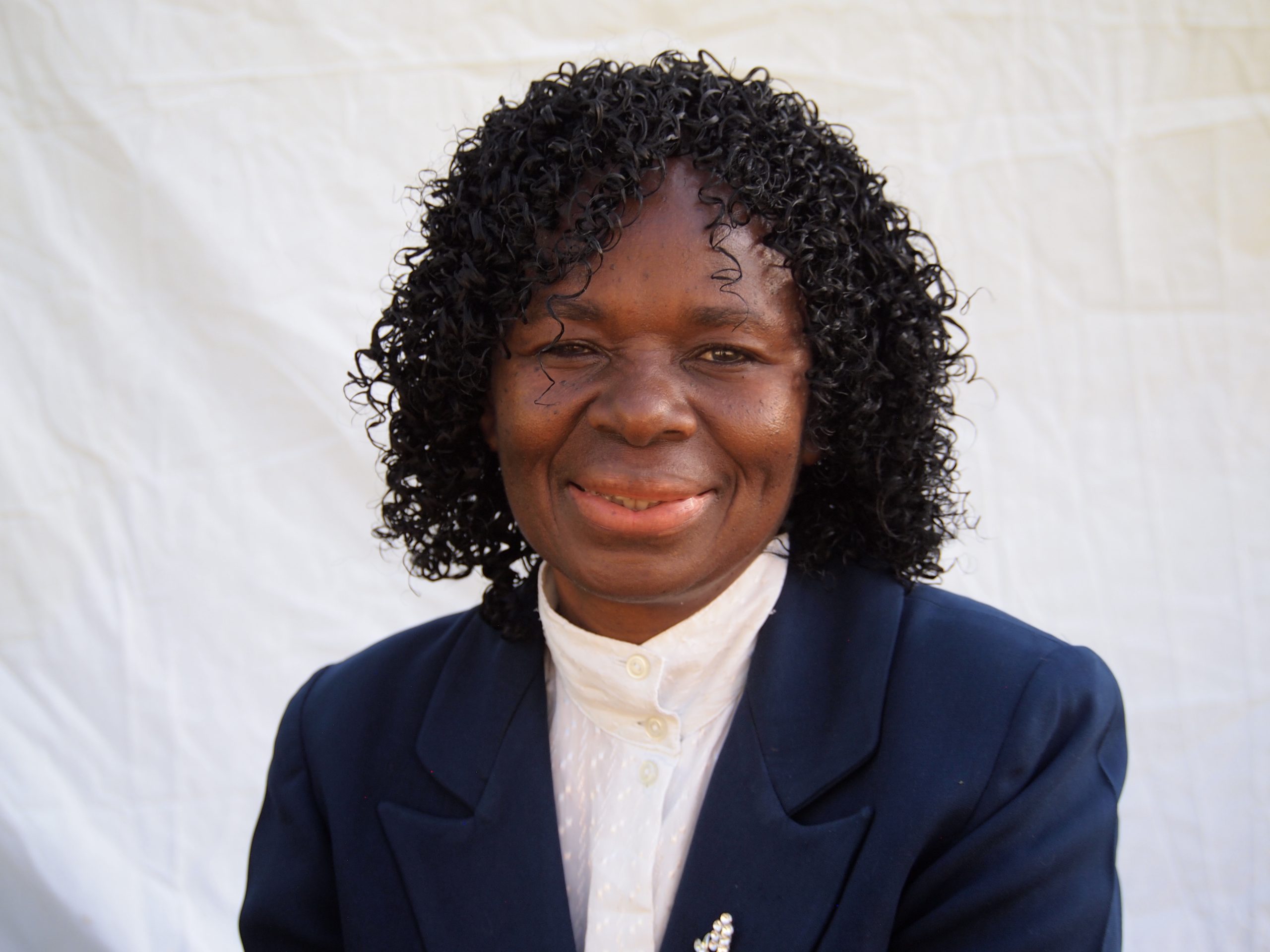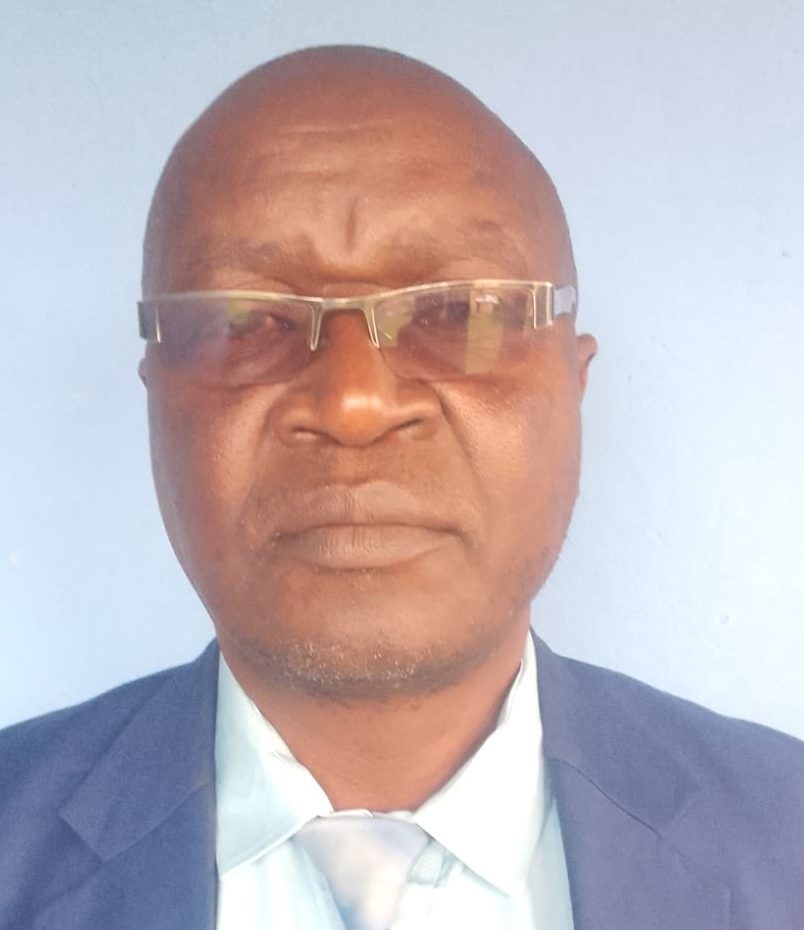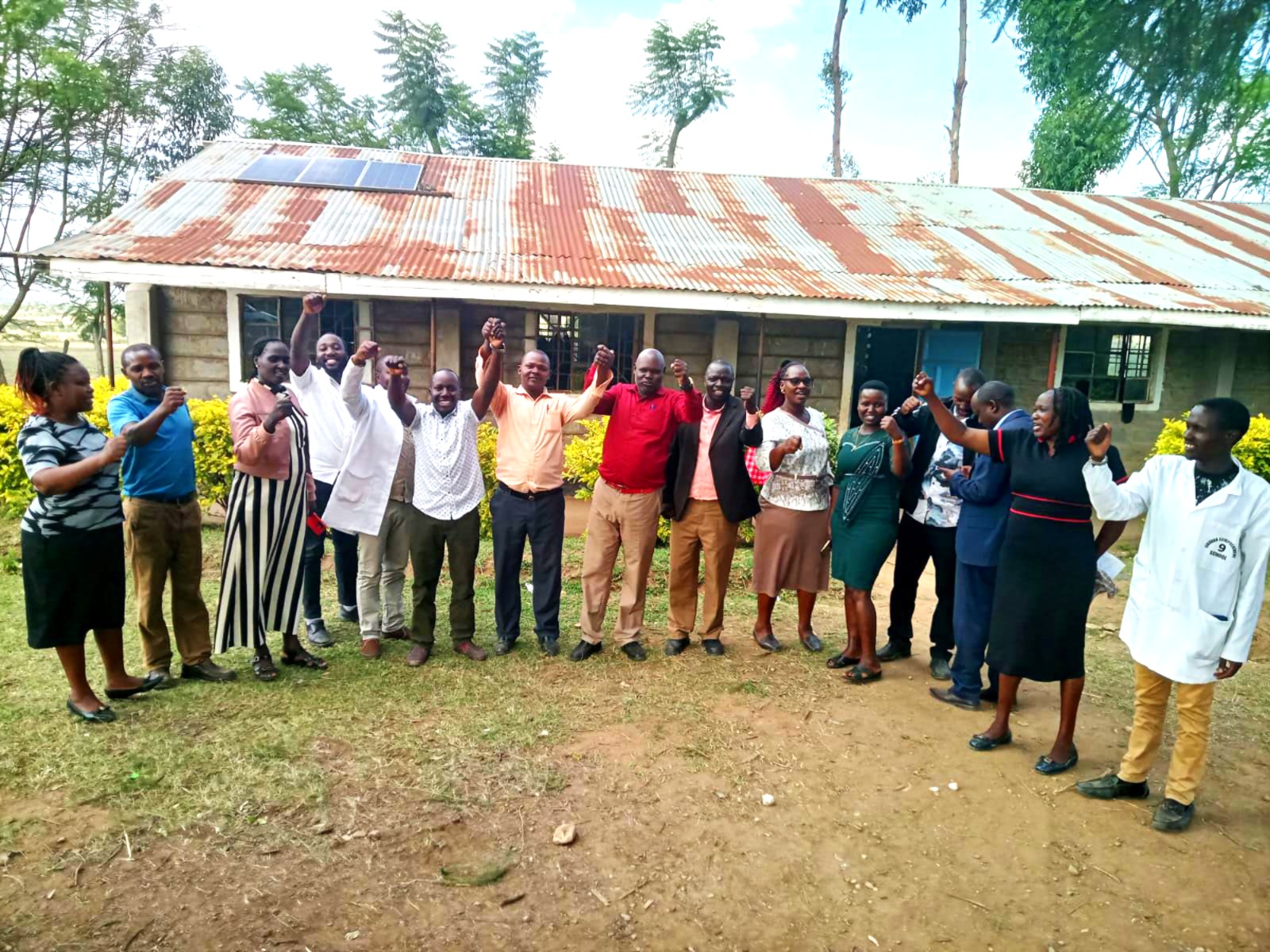Prof. Mary Abukutsa-Onyango, a leading Kenyan researcher on African indigenous vegetables (AIVs) has won the 2025 Africa Food Prize (AFP) Laureate for her impactful work and legacy on mainstreaming African indigenous crops, offering sustainable solutions to hidden hunger and ensuring Africa’s biodiversity is recognized internationally.
The announcement was made in Dakar, Senegal during the 2025 Africa Food Systems Forum on Wednesday, September 3, 2025.
Prof. Mary Abukutsa-Onyango and Dr. Mercy Diebiru-Ojo, a seed innovator from Nigeria were declared the recipients of the US$100,000 2025 Africa Food Prize.
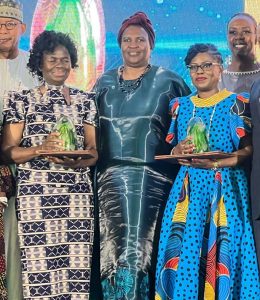
According to the citation by the AFP committee chair, Jakaya Kikwete, former President of Tanzania, “Professor Abukutsa Onyango’s legacy is the mainstreaming of indigenous crops, offering sustainable solutions to hidden hunger and ensuring that Africa’s biodiversity is recognized as a global asset. She is recognized for her lifelong dedication to indigenous vegetables demonstrating their role in nutrition security, biodiversity conservation and farmer livelihoods, while transforming public perception and food systems across Africa.”
The Africa Food Prize is the preeminent annual award that recognizes outstanding individuals or institutions that are leading the effort to change the reality of farming in Africa. It “distinguishes outstanding achievements from innovative farming practices and cutting-edge research to impactful policy advocacy and transformative agribusiness models. It also seeks to honor those who are not only achieving remarkable results but also inspiring others to take action.”
ALSO READ:
Over 53,000 needy students benefit as West Pokot County disburses Ksh500million in bursaries
The winner(s) of the Africa Food Prize receive US$100,000. The prize celebrates Africans who are taking control of Africa’s agriculture agenda. It puts a spotlight on bold initiatives and technical innovations that can be replicated across the continent to create a new era of food security and economic opportunity for all Africans.
According to AFP, nominations were reviewed using the Africa Food Prize criterion that assesses a program’s contribution to poverty reduction and nutrition security as well as improvement of livelihoods through employment and job creation, and nominees were evaluated based on their demonstrated impact, sustainability, scalability, and potential to inspire positive change within their communities and beyond.
This year, AFP was interested in nominations demonstrating a commitment to four key areas: sustainable and resilient food systems – encompassing environmentally sound practices and climate change adaptation; inclusive agricultural growth – empowering smallholder farmers, women, and youth; technological innovation – applying science and technology to improve agricultural productivity and nutrition; and market access and agribusiness development – connecting farmers to markets and promoting value addition.
With over three decades dedicated to pioneering research to elevate African indigenous vegetables from “a poor-man’s food to globally recognized nutrient-rich superfoods,” Prof Mary Abukutsa Onyango’s “work on crops like amaranth, spider plant and African night shade has proven their immense nutritional value and resilience.”
The AFP citation notes: “Through her advocacy, research and policy influence, Prof. Abukutsa has registered new varieties, published widely and positioned indigenous vegetables as essential tools in combating malnutrition, conserving biodiversity, and empowering small holder farmers. Her efforts have shifted national health policies and opened new markets, placing African vegetables at the Centre of global nutrition conversations.”
ALSO READ:
Ngong gears up for International Adult Literacy Day celebrations
Prof. Abukutsa has been very consistent in championing the production of AIVs through advocacy and promotion aimed at increasing the demand (production and consumption) of AIVs, believes that commercialization of the AIVs remains a major obstacle to the farmers’ quest to maximize on value from their input.
“Being a Laureate of the Africa Food Prize, I feel humbled and encouraged because AIVs have been undervalued and have not been used. With this prize, many people will realize that these vegetables are very important. I thank the committee for realizing that AIVs are a goldmine for Africa to be harvested for Africans and for the world,” Prof. Abukutsa said,
The award, Prof. Abukutsa notes, will boost research and the promotion of AIVs, further indicating her long-term vision to “establish centers of knowledge in African countries to document the knowledge on different vegetables even those that have disappeared so that people can know that these vegetables are important by bringing them back to the table for the Africans and the people of the world.”
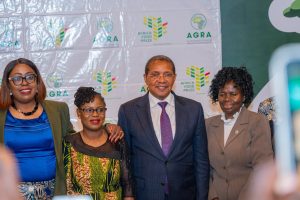
She says, when farmers access the right information, they learn ways they can add value to their products hence making significant steps towards poverty reduction and wealth creation as articulated in the country’s development blueprints such as; Kenya Vision 2030, and the Bottom-up Economic Transformation Agenda (BETA).
The Professor of Horticulture at JKUAT lauds an initiative by the Kenyan Government through the National Research Fund (NRF) in 2023 to support previously funded NRF researchers and innovators in Food and Nutrition Security and Sustainable Agriculture (FNSSA) with tools needed to commercialize their research results and connect with potential customers and investors thus realizing their intended impact.
ALSO READ:
Besides championing availability of quality certified seeds to Kenyan farmers and linking them to the markets, “Kenyan farmers should get involved through groups which provide produce in bulk, thus increasing their bargaining power which is invaluable in guaranteeing better prices for their products,” Prof. Abukutsa advises.
Currently, Prof. Abukutsa is spearheading a JKUAT-led consortium that includes: IREN Growthpad, Local Development Research Institute (LDRI) and Masinde Muliro University of Science and Technology. The consortium is upscaling the production and commercialization of two vegetable varieties – Jute mallow (Mrenda) and African nightshade (Managu) in Kiambu and Kakamega counties using climate smart technologies for food and nutrition security.
With a billion people malnourished globally, Prof. Abukutsa calls for “a change in people’s mindset towards AIVs, improvement of policies and prudent control measures to cut down on high post-harvest losses, as essential avenues in increasing the available vegetable alternatives that could ensure accessibility of adequate high nutritional supplements crucial in addressing malnutrition.”
A consummate advocate of AIVs, Prof. Abukutsa is a recipient of the inaugural NRF’s Kenya National Outstanding Research Award (NORA) 2024, African Union Top Woman Scientist in Earth and Life Sciences (2009), Presidential Award, Elder of the Order of the Burning Spear (EBS) in 2010 and the 2014 Edinburgh International Science Festival Medalist in recognition of her immense contribution in seeking solutions to Africa’s “Triple burden” of malnutrition: micronutrient deficiency, under-nutrition and obesity through sustainable production and utilization of leafy African indigenous vegetables.
Prof. Abukutsa, a former Deputy Vice Chancellor in charge of Research, Extension and Production at JKUAT, holds a PhD in Horticultural Sciences from University of London, UK, MSc in Agronomy, and BSc in Agriculture from University of Nairobi. She has published over 100 publications including books, book chapters and scholarly articles in referred journals.
By Patrick Amunavi
You can also follow our social media pages on Twitter: Education News KE and Facebook: Education News Newspaper for timely updates.
>>> Click here to stay up-to-date with trending regional stories
>>> Click here to read more informed opinions on the country’s education landscape


